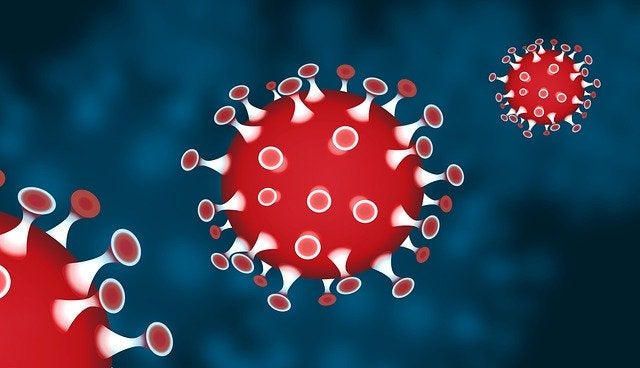
Cerus Corporation (Nasdaq: CERS) announced today that the University Hospital Basel transfused the first two COVID-19 patients with INTERCEPT treated coronavirus convalescent plasma (CCP). Cerus’ field team supported the INTERCEPT system implementation which was completed in one week.
The University Hospital Basel and the regional blood transfusion service of the Swiss Red Cross, Basel initiated one of the first CCP programs outside of China and are leveraging the INTERCEPT pathogen-reduction technology to enhance plasma transfusion safety and enable collections from convalesced donors earlier after their infection than might otherwise be possible. The INTERCEPT plasma system has demonstrated effective inactivation of the SARS-CoV and MERS coronaviruses.
“Plasma collected from individuals who have recovered from coronavirus disease contains antibodies against the virus that may help fight the infection. Prior experience has shown a benefit from immune plasma in other viral diseases, such as Argentine Hemorrhagic Fever, a viral epidemic disease with high mortality; as well as the earlier epidemic of severe acute respiratory syndrome (SARS). The preliminary data from China on the use of CCP in COVID-19 patients is promising,” says Dr. Laurence Corash, Cerus’ chief scientific officer. “The use of INTERCEPT has been shown to improve the overall safety of plasma by inactivating residual virus and other infectious pathogens that may be present in donor blood. A recent publication indicated that neutralizing antibodies to the Ebola virus were retained after INTERCEPT treatment. As the number of convalesced or asymptomatic COVID individuals increases, sources of CCP will become more abundant, which could make this treatment or prophylactic modality widely available before other interventional drug therapies and vaccines have been validated.”
Based on WHO data, plasma collected from recovered COVID-19 patients contains antibodies that neutralize SARS-CoV-2 infectivity and may improve a patient’s ability to fight COVID-19. A clinical study evaluating the efficacy of CCP is currently underway in China and the potential for the therapy is promising. As witnessed in geographies around the globe, the COVID-19 pandemic has burdened hospitals with a high number of patients with severe respiratory illnesses. The absence of approved treatments for COVID-19 has led to urgent worldwide interest in developing CCP programs for treatment of acutely ill individuals and potential prophylaxis for high risk individuals exposed to COVID-19.
Cerus has facilitated the generation of pathogen reduced convalescent plasma for transfusion in other viral diseases, such as Ebola, for which Cerus provided technology for a multi-site clinical study in 2015. Cerus, a leader in the field of pathogen inactivation to improve blood transfusion safety, is supporting blood centers and national transfusion services across the globe with the production of CCP, as well as pathogen reduced platelets and plasma, and has formed a multi-organizational consortium focused on antibody characterization, plasma processing, and pre-clinical testing of pathogen inactivated CCP which will allow blood centers to evaluate the clinical efficacy of well characterized, pathogen inactivated CCP in acutely ill COVID-19 patients.
Source: Company Press Release






